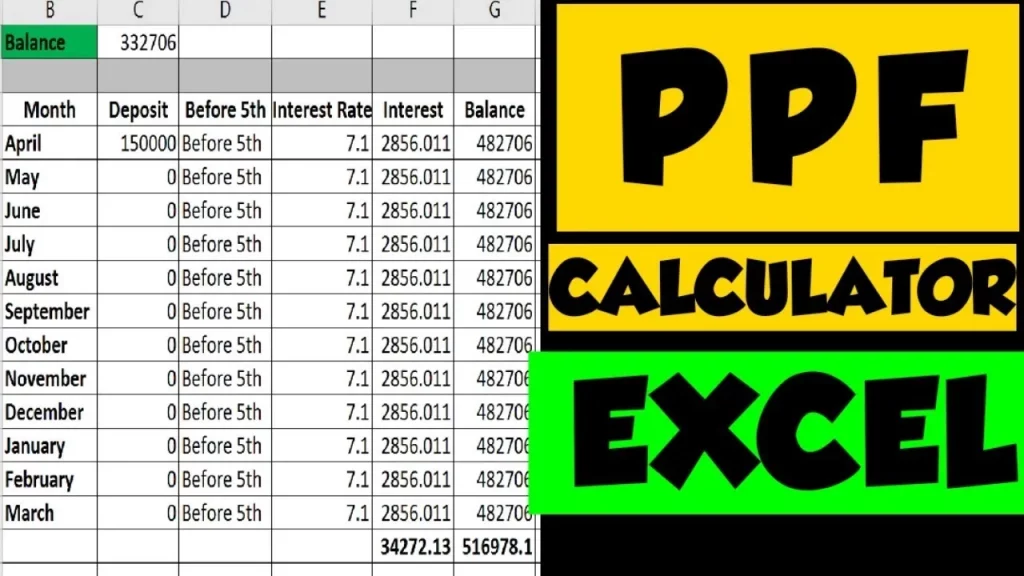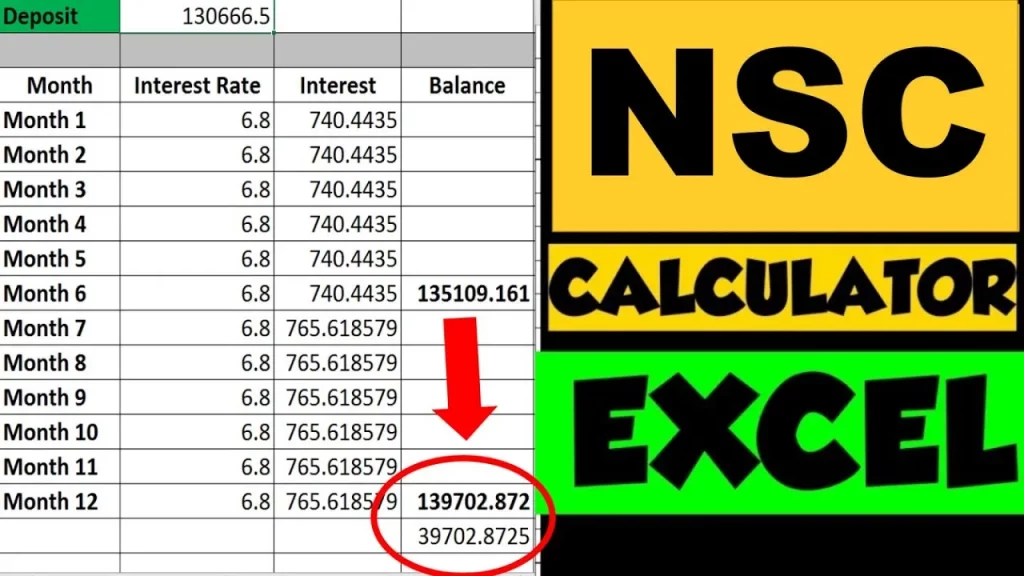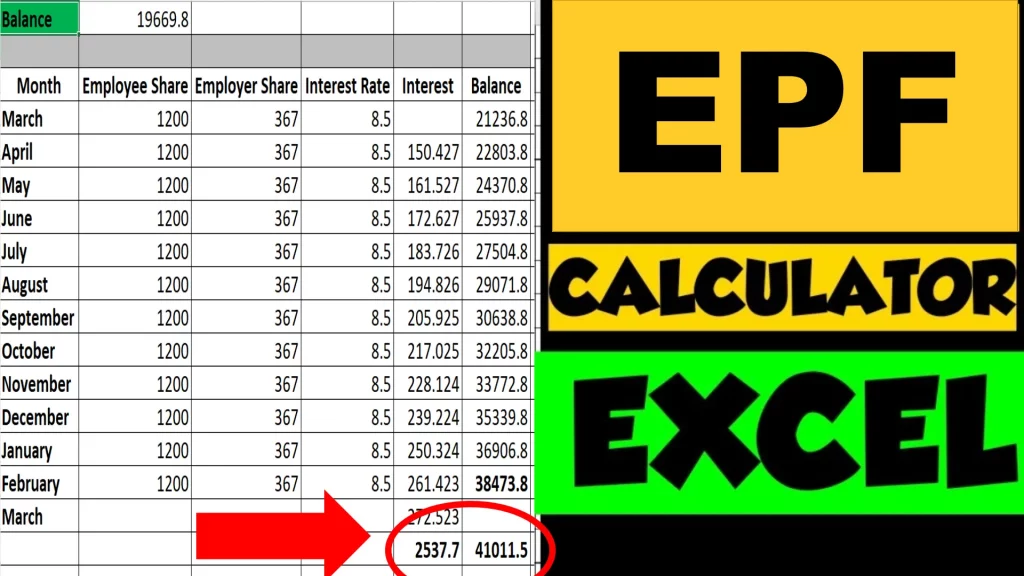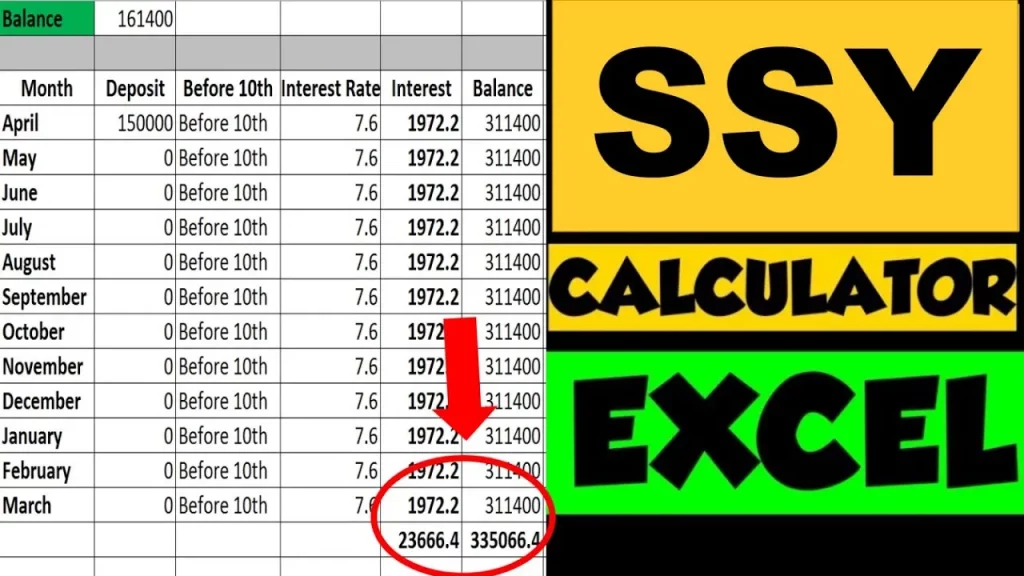Emergency Fund is a fund that provides you financial safety when you face unexpected expenses in the form of a disease being faced by you or your family member or it can also be considered a replacement of Life Insurance if you can accumulate enough corpus for you family members to cover entire liability in case of any mishap with you. Emergency fund helps you financially during financial crisis
Let us understand in detail about Emergency Fund and why it is important along with the steps to build your Emergency Fund along with some investments in which you can park this Fund.
What is Emergency Fund?
- Emergency Fund is a financial safety that you can keep aside to cover unexpected expenses, such as hospitalization or any other situation where you need funds urgently in the event that cannot be postponed
- This expense can be small or huge ranging from hospitalization bills or your sudden death
- During such unexpected times, this Fund will help you to cover the financial expenses rather than using your other equity investments or any other assets
- Your long term investments should not be considered as Emergency Fund, since they are being accumulated to achieve a goal
- Emergency Fund must be kept in a place where you don’t have easy access, so that it is used only for Emergency purpose and not to buy household products like Television set (TV), Refrigerator, dining table, and such other wants.
Why Emergency Fund is Important?
Emergency Fund will help you to cover the expenses occurring due to unexpected conditions like hospitalization, job loss or anything else that was not planned.
Since such things do not inform us while they occur, we have to be ready to face them and it is not uncommon. Such situations comes in everybody’s life and we have to accept it.
The only thing we can control is plan such things before time, so that we have a financial cushion to face them.
Below are certain advantages of having Emergency Fund:
- This fund helps you to cover your monthly expenses in case you face job loss and searching for new one
- Emergency Fund helps to cover the large medical bills or hospitalization bills in case of a disease being diagnosed in your family
- In case you can afford to have the amount of life insurance coverage with your Emergency Fund, than it can also help your family to cover all liabilities in case of any mishap with you
- Emergency Fund also helps you to pay your home loan EMI if your source of income is temporarily impacted due to job loss or if your income decreases due to low profits in Business
So in all above scenarios and multiple more, this Fund helps you to be ahead of time and have a financial cushion to cover your monthly expenses.
ALSO READ: Retirement Calculator in Excel
How much money should be in your Emergency Fund?
Now this is a very important question. After understanding what is an Emergency Fund and why it is important, you should be knowing about your finances and how much money you should keep aside as Emergency Fund.
The safe rule says:
"It is best to have at least 6 months to 12 months of your living expenses in your Emergency Fund"This is the rule of Emergency Fund to cover your living expenses.
How can we forget Covid-19? During the year 2019, when there were no business profits and most of the people around the world faced job loss for almost an year, the one with Emergency Fund already was ahead of time and was using it for their monthly expenses for a living.
This is a real case scenario where your fund helps you to cover for at least the basic needs on monthly basis.
Let us now understand the Emergency Fund calculation with example.
Emergency Fund Calculation
Let’s say your monthly living expenses include:
Household items: Rs. 20,000 per month
Home Loan EMI: Rs. 15,000 per month
Utility Bills: Rs. 5,000 per month
Miscellaneous Bills (Movie, Fun activities, etc.): Rs. 10,000 per month
Total Expenses: Rs. 50,000 per monthSo based on above data, your monthly living expenses is Rs. 50,000 per month. So based on above mentioned rule of having at least 6 months to 12 months living expenses in your Emergency Fund, your fund should be having anywhere between Rs. 3 Lakh to Rs. 6 Lakh.
This is the approximate figure and must be assessed periodically to adjust for inflation or increase / decrease in your monthly expenses.
Lower the expenses, lower amount of Emergency Fund can be kept aside. So the amount is directly proportional to your monthly living expenses.
But the idea is to have this much amount in your Emergency Fund, so that if there is a mishap tomorrow, than you are ready for such situation already in terms of your finances, and you don’t have to look after your Mutual fund or stocks investments or any other assets to be liquidated.
Emergency Fund Investments
Now another important question is where do you keep or park this Emergency Fund? Should you keep it at your home or friends place or in bank?
Best answer to this is – you can keep this fund in a Fixed Deposit that will help you to keep your amount safe, at least the principal amount, and also helps you to earn interest on quarterly basis. What else can be best apart from making your money work for you while you still have the financial safety with this investment!
Another option you can use is the Debt Mutual Funds that can give you returns similar to Fixed Deposits, or you can also save it in Savings account which will have low interest rates compared to Fixed Deposits.
Having your Emergency Fund in Fixed Deposits have multiple advantages:
- Your Principal Amount is safe
- You earn interest in your Fixed Deposits based on amount and interest rate
- Also, you can break the Fixed deposit anytime you want in case of emergency, you get the amount instantly in your bank account
Investing in real estate as Emergency Fund is not recommended since you cannot liquidate the funds when you need them urgently. Also, you cannot invest in Equity mutual funds for short term since they are risky and have the probability of you not getting your entire principal amount back in case of any need in short term.
ALSO USE: Fixed Deposit Calculator
How to Build an Emergency Fund?
Ok so we have understood the importance of Emergency Fund and where to park it. Let us now understand how you can build this Emergency Fund.
If you have some amount already accumulated in your savings account that is at least covering 6 months to 12 months of your monthly living expenses, than you can directly book a Fixed Deposit (FD) online or offline.
But if you don’t have any amount than can be used as Emergency Fund for now, than you can open Recurring Deposit (RD), in which you save fraction of your income in Recurring deposit on monthly basis and after 6 months or 1 year, you get the entire principal amount back with interest amounts calculated.
Recurring Deposits helps you to move towards your decided amount gradually by saving every month, and you can open RD in bank or post office where you have your existing savings account.
For example, in above case of Rs. 50,000 per month expenses, you can open a RD of Rs. 10,000 per month. This will help you to accumulate Rs. 1.2 Lakh in a year plus some interest amount that you will get along with your maturity amount.
And this amount from RD can be saved in FD as an Emergency Fund for later use that keep earning interest.
So this is one of the ways to build your funds for Emergency slowly and gradually. You can plan accordingly about the amount to be saved every month in RD based on your income and monthly expenses.
Watch below video on FD interest calculation:

Watch more Videos on YouTube Channel
Conclusion
So to summarize, Emergency Fund is a financial safety measure that you plan for and build to help in during unexpected times such as job loss or huge expenses due to hospitalization.
You can park your money as Emergency Fund in Fixed deposits that will at least save your principal amount. In order to build your fund from scratch, you can use Recurring Deposits and gradually save the required amount as per your monthly living expenses.
The amount can be equal to 6 months to 12 months that you should aim to keep as an Emergency Fund in a safe place like Fixed Deposits or Debt mutual funds.
Save Home Loan Interest Amount!
Use Home Loan Excel Calculator that will help you to Save Interest Amount on Home Loan EMI.
Click below button to download Home Loan EMI and Prepayment Calculator in Excel:
Watch how Home Loan Calculator in Excel Works
Income Tax Calculator App – FinCalC
For Income Tax Calculation on your mobile device, you can Download my Android App “FinCalC” which I have developed for you to make your income tax calculation easy.
What you can do with this mobile App?
- Calculate Income Tax for new FY 2024-25 and previous FY 2023-24
- Enter estimated Investments to check income tax with Old and New Tax Regime
- Save income tax details and track regularly
- Know how much to invest more to save income tax
- More calculators including PPF, SIP returns, Savings account interest and lot more

Use Popular Calculators:
- Income Tax Calculator
- Home Loan EMI Calculator
- SIP Calculator
- PPF Calculator
- HRA Calculator
- Step up SIP Calculator
- Savings Account Interest Calculator
- Lump sum Calculator
- FD Calculator
- RD Calculator
- Car Loan EMI Calculator
- Bike Loan EMI Calculator
- Sukanya Samriddhi Calculator
- Provident Fund Calculator
- Senior Citizen Savings Calculator
- NSC Calculator
- Monthly Income Scheme Calculator
- Mahila Samman Savings Calculator
- Systematic Withdrawal Calculator
- CAGR Calculator
I’d love to hear from you if you have any queries about Personal Finance and Money Management.
JOIN Telegram Group and stay updated with latest Personal Finance News and Topics.
Download our Free Android App – FinCalC to Calculate Income Tax and Interest on various small Saving Schemes in India including PPF, NSC, SIP and lot more.
Follow the Blog and Subscribe to YouTube Channel to stay updated about Personal Finance and Money Management topics.





